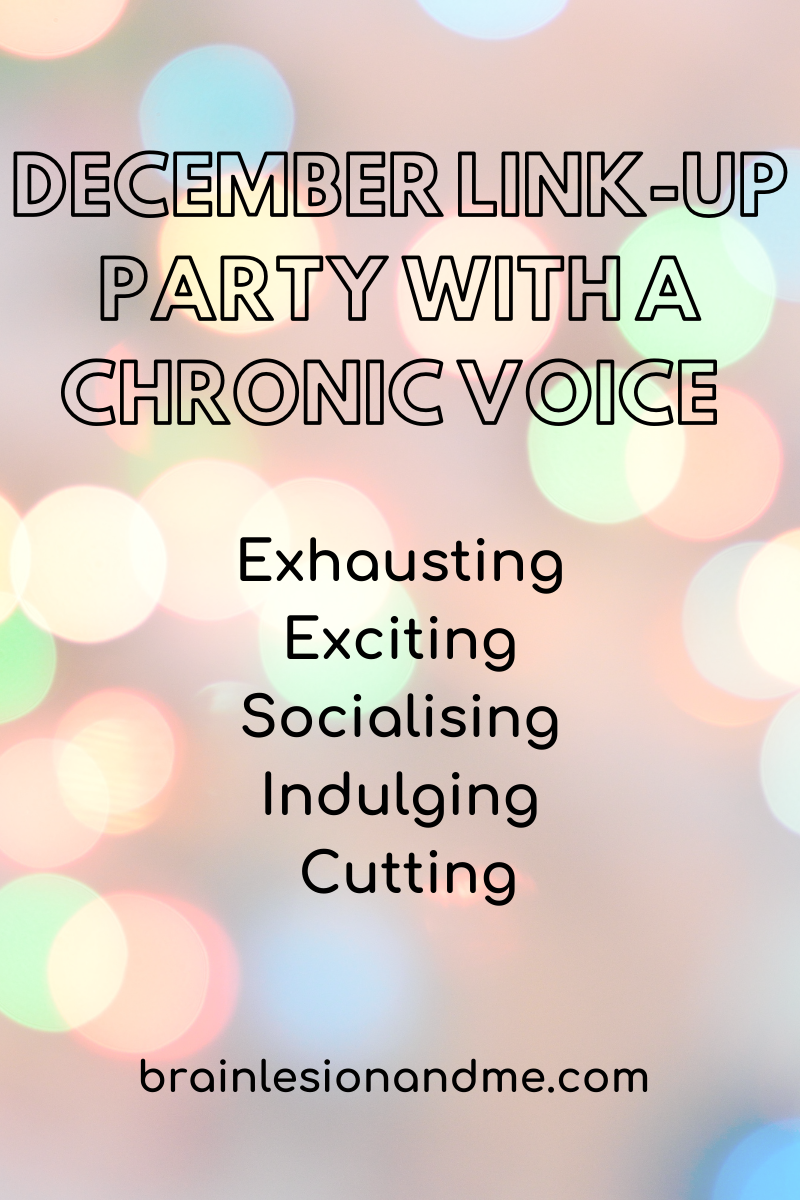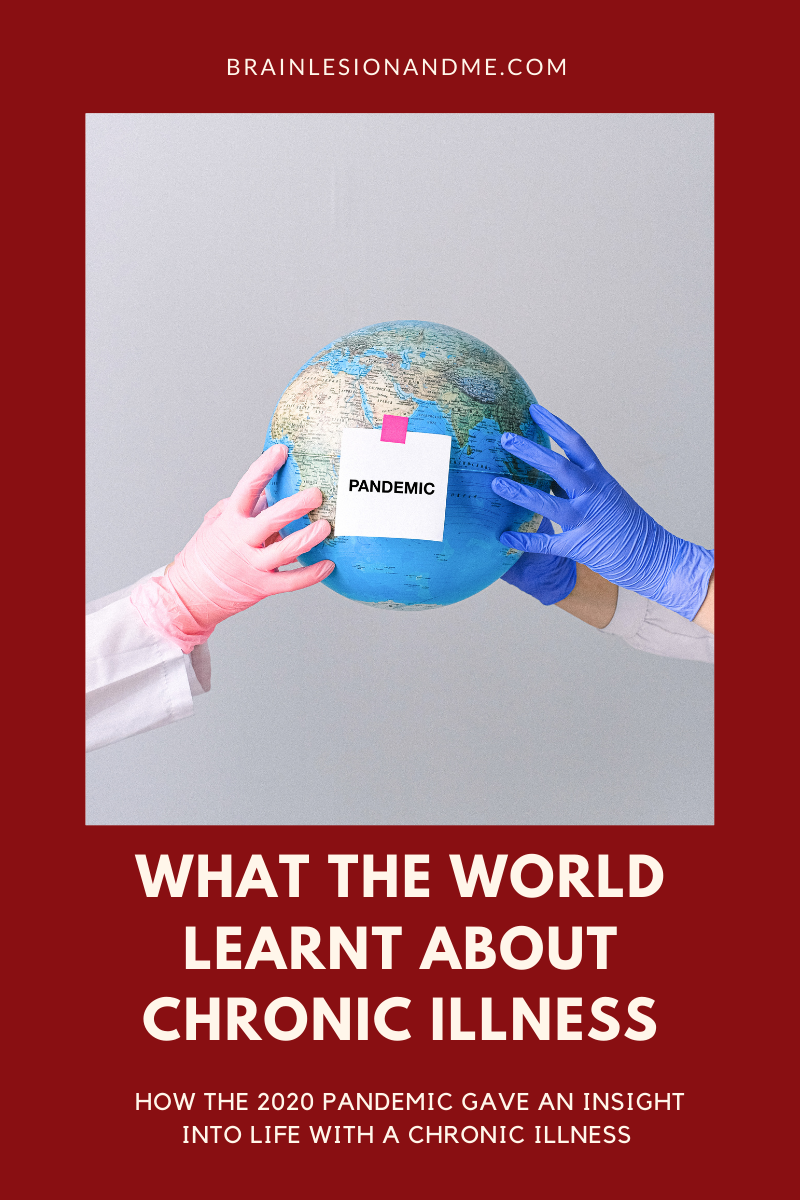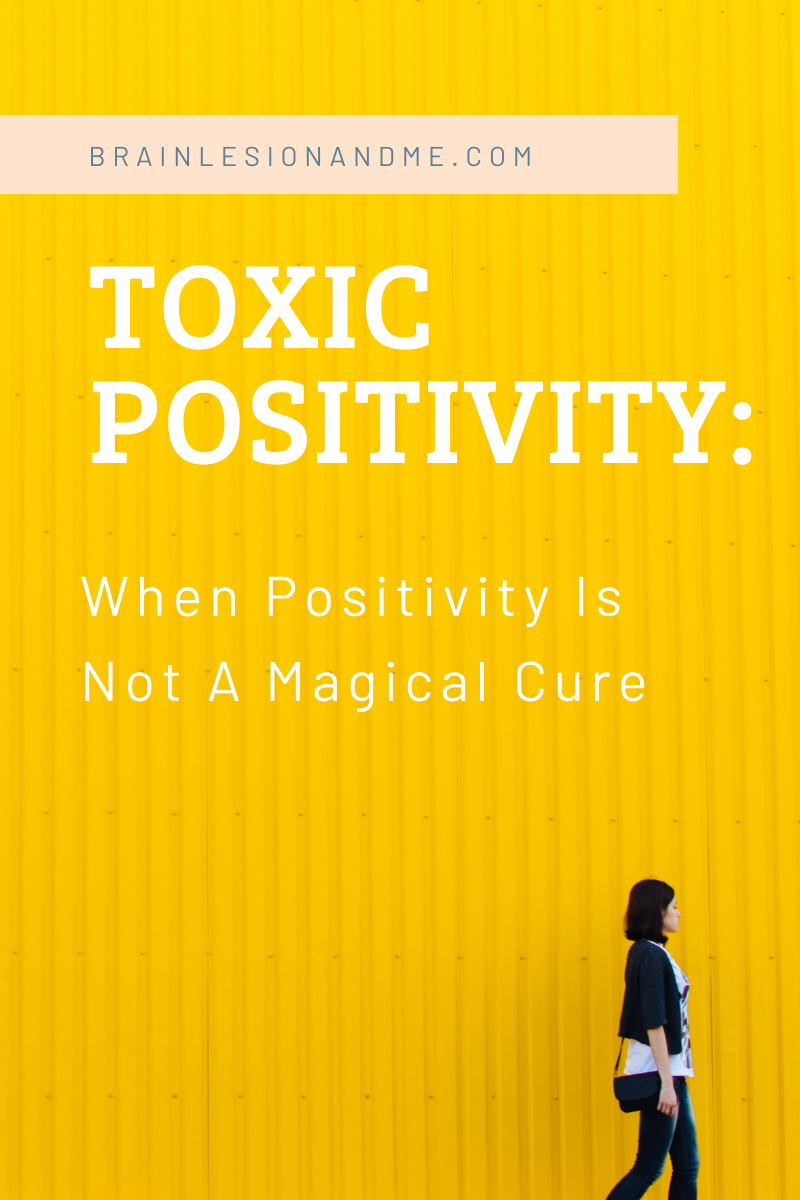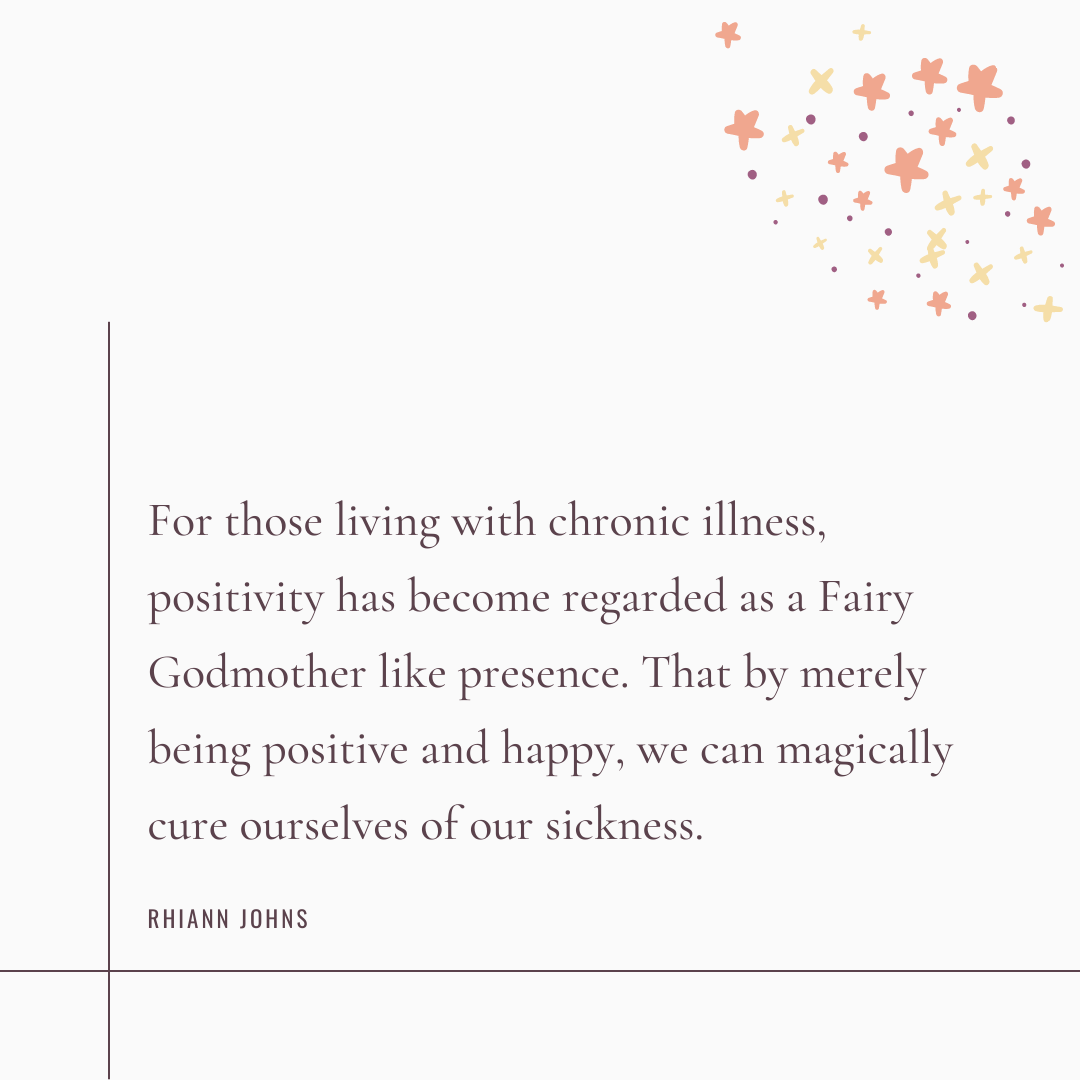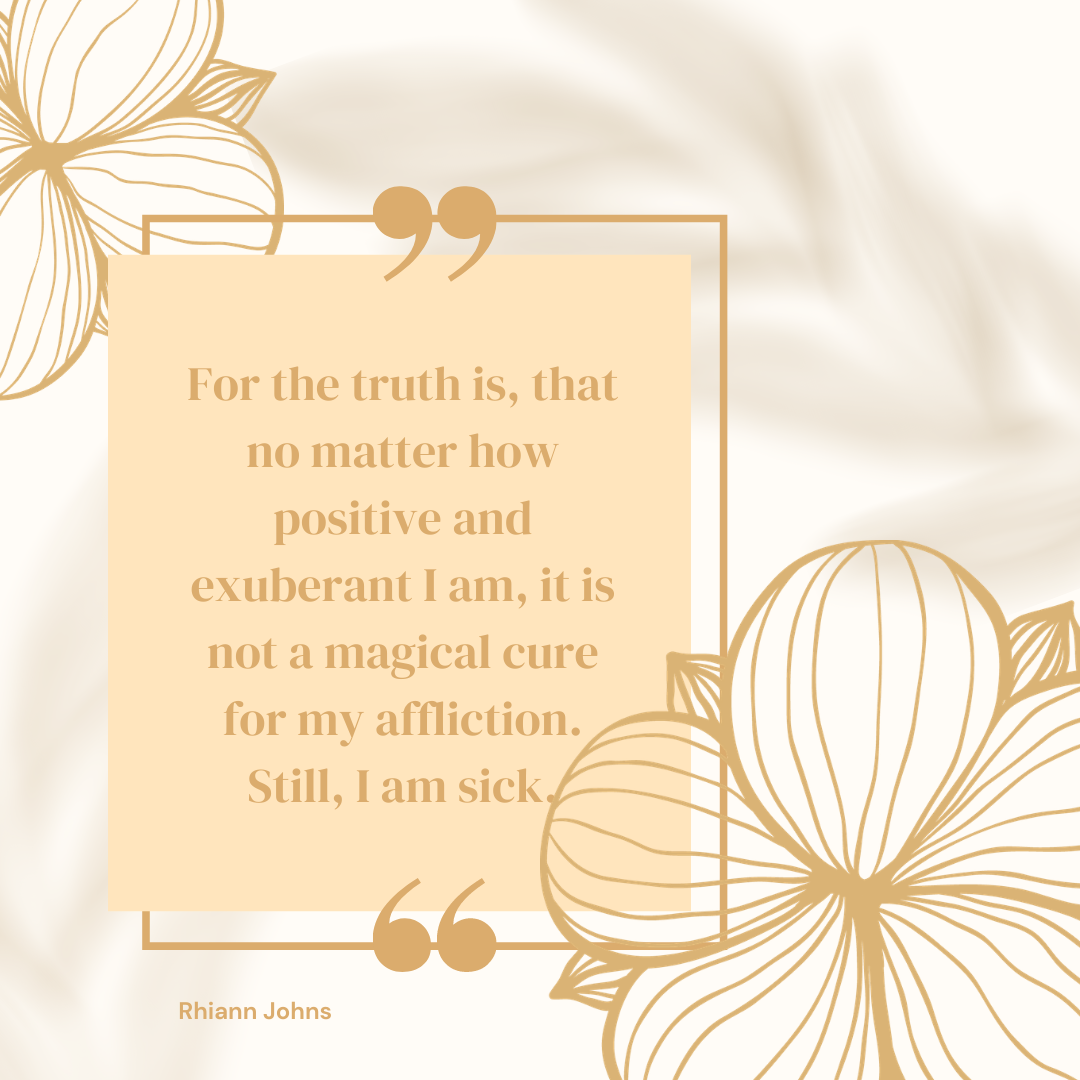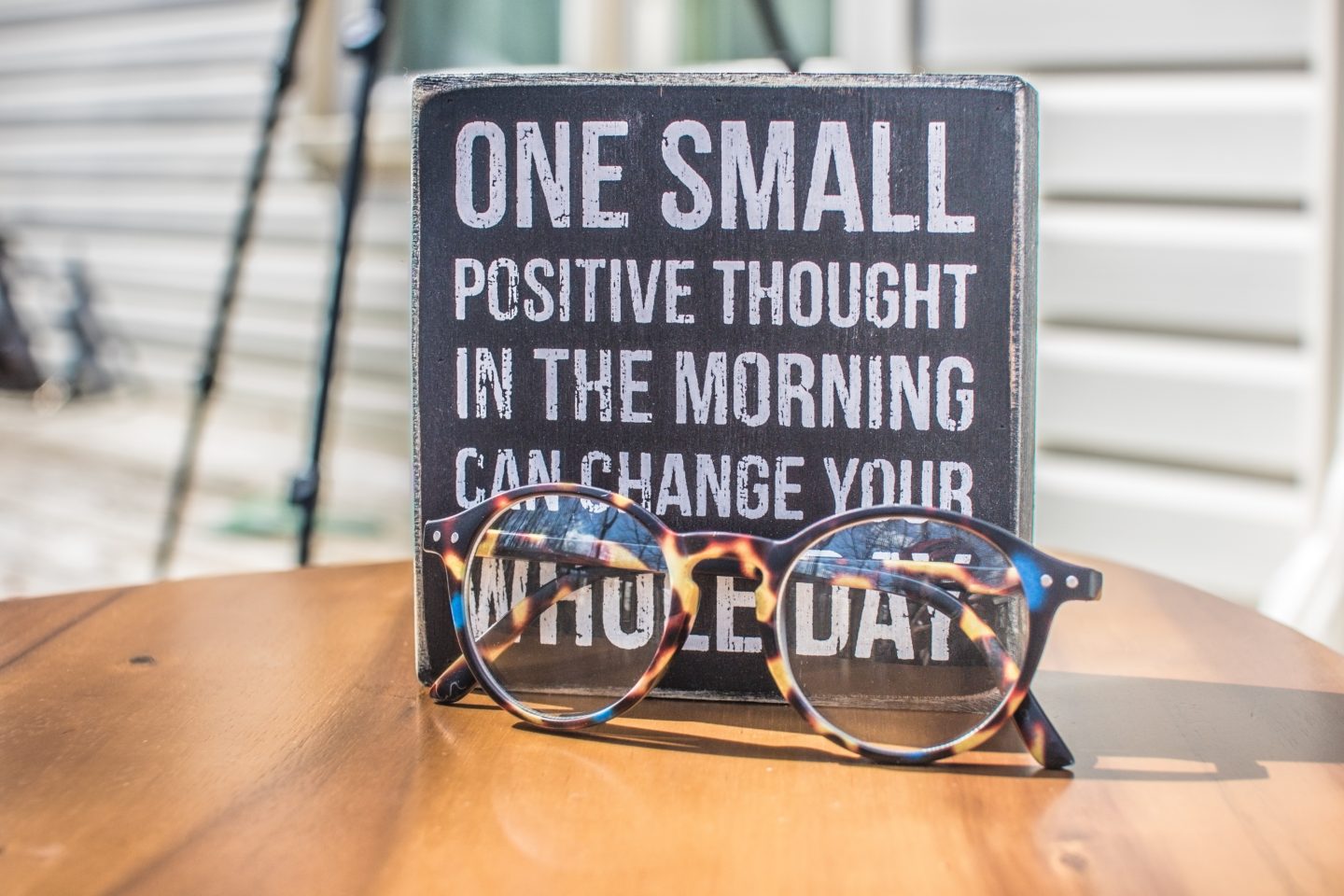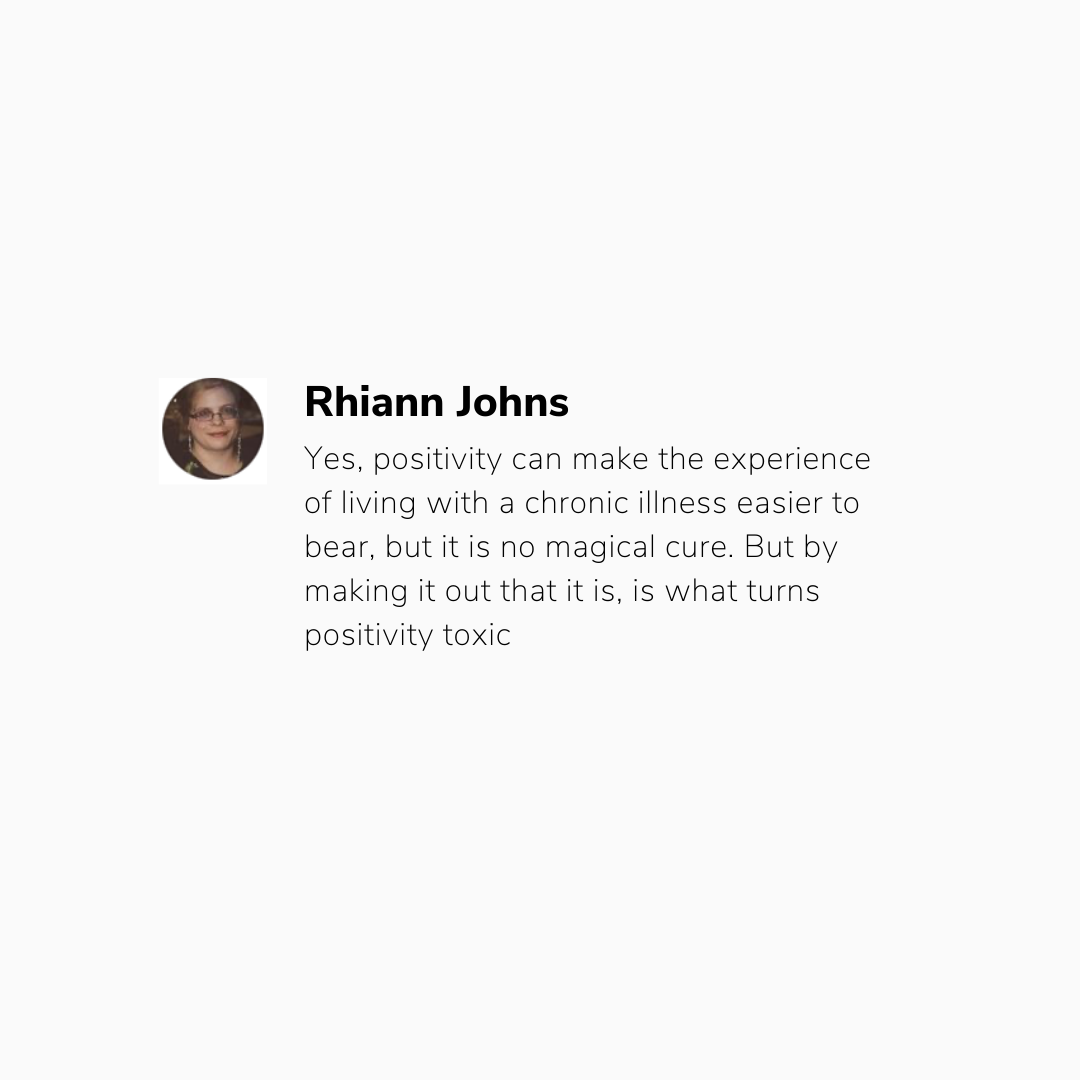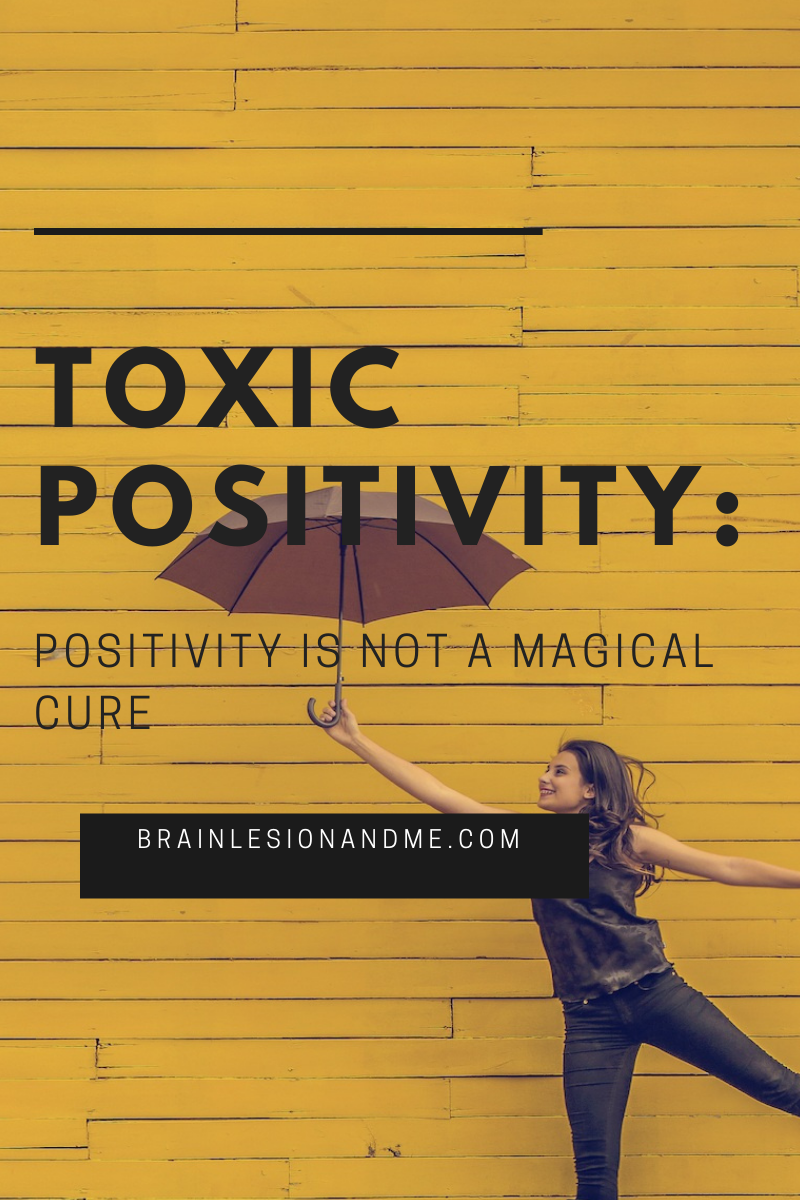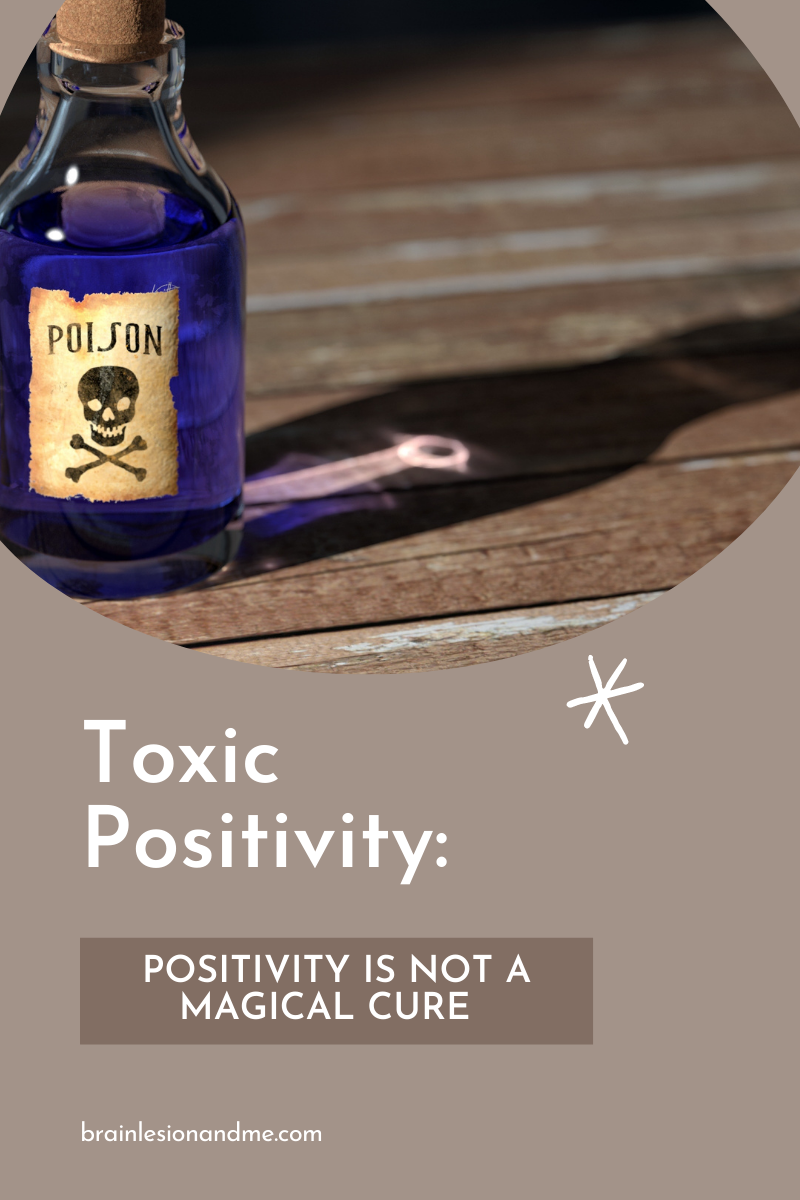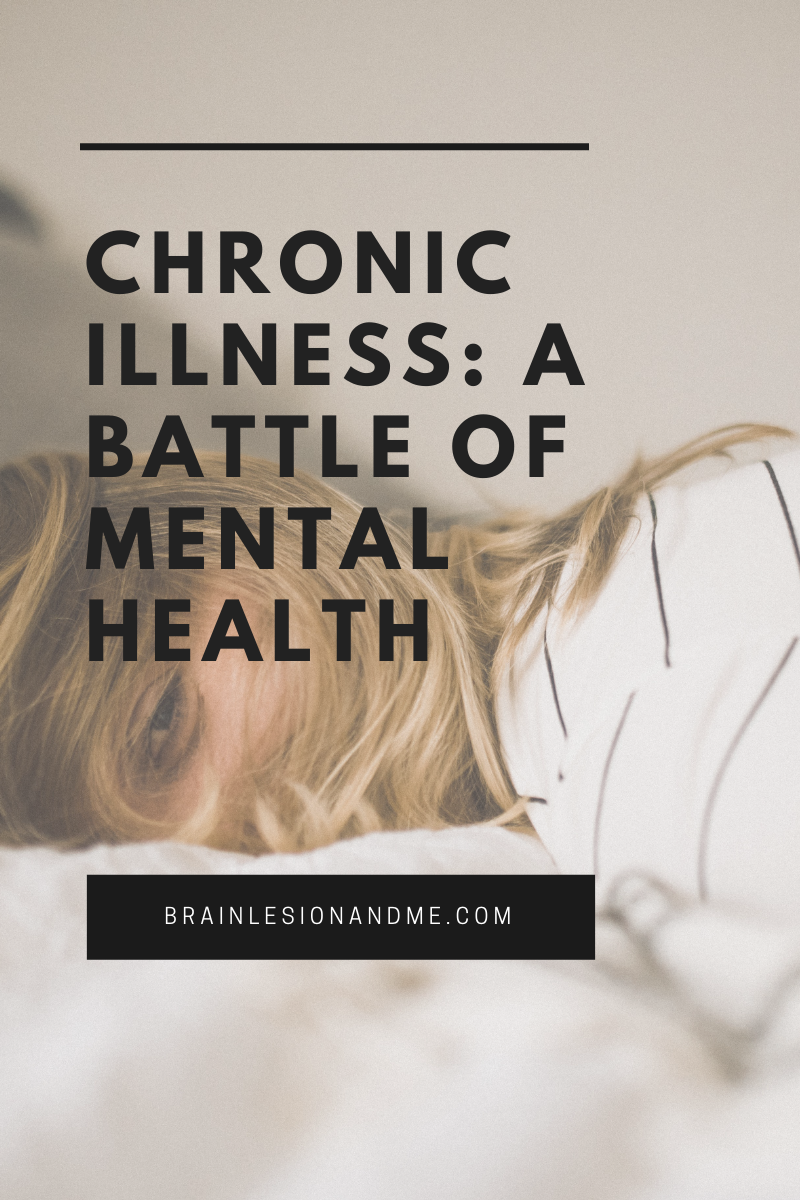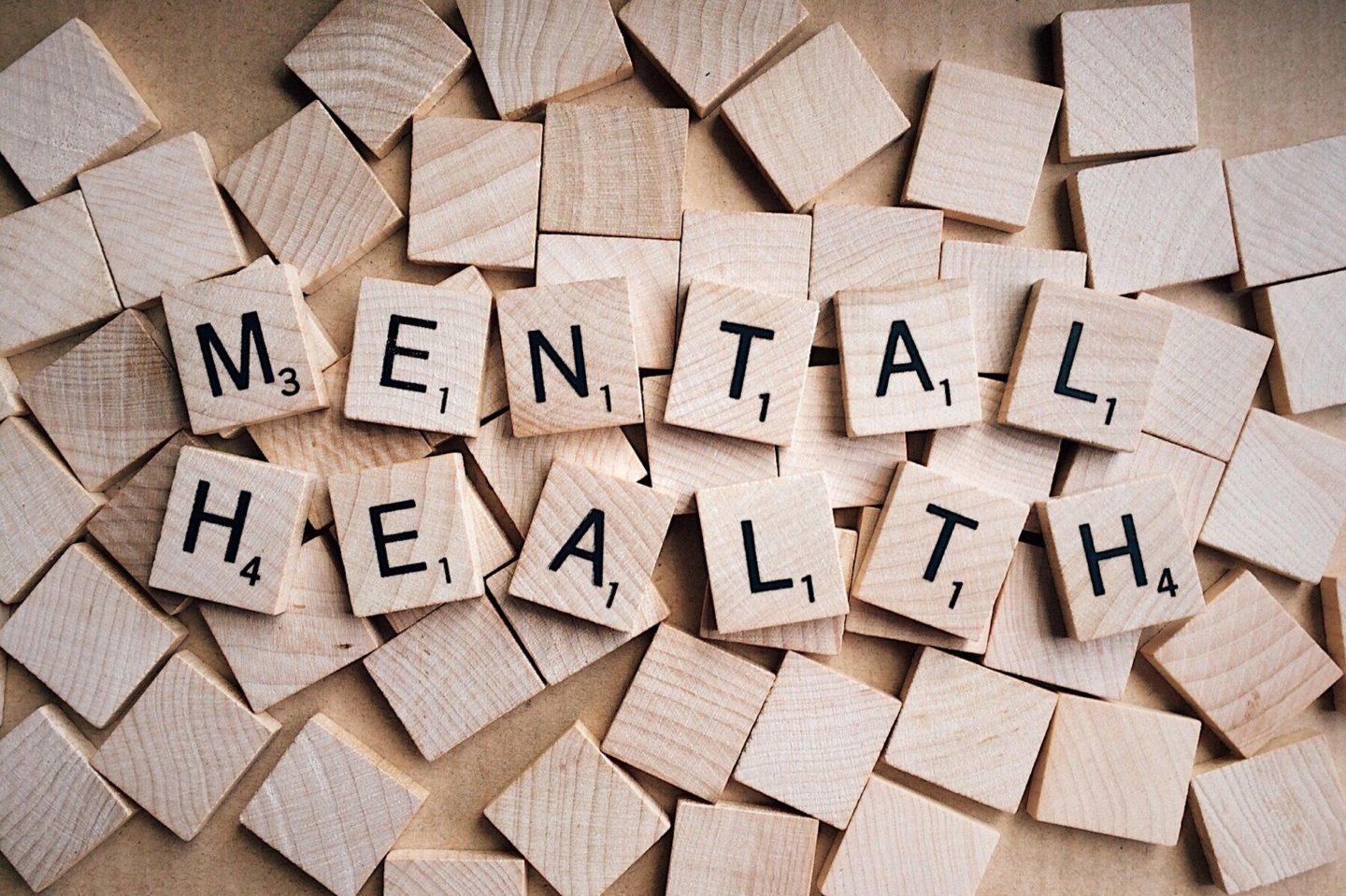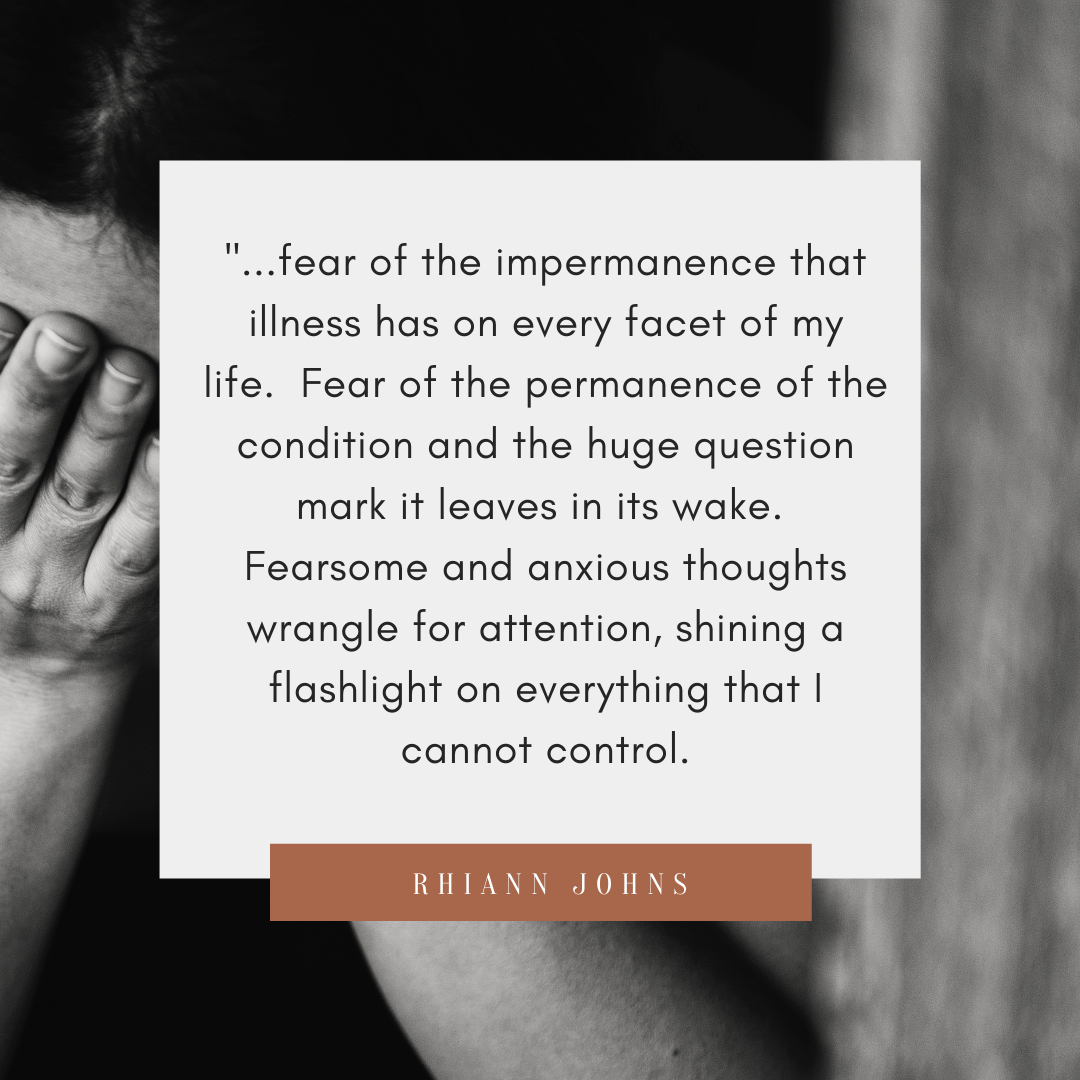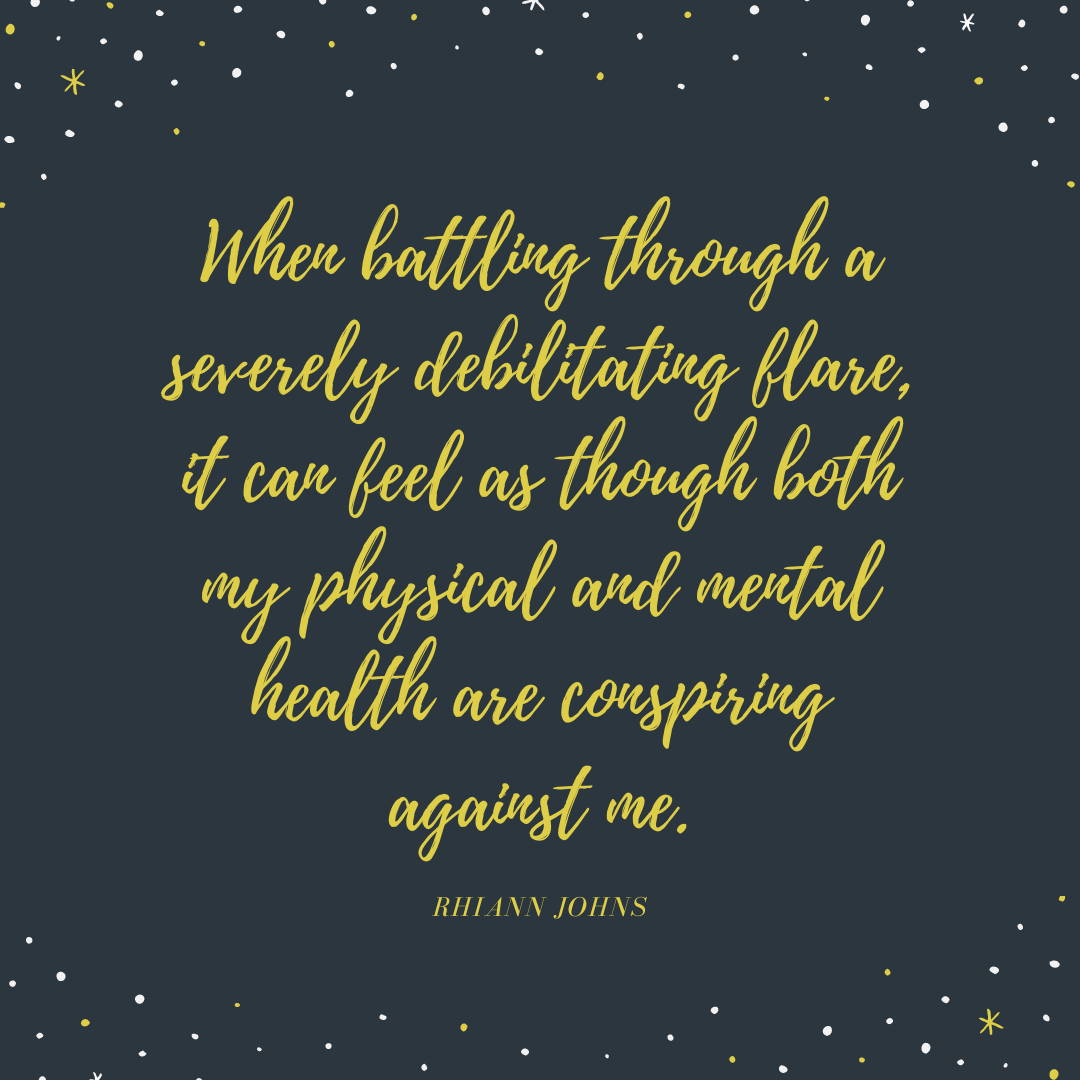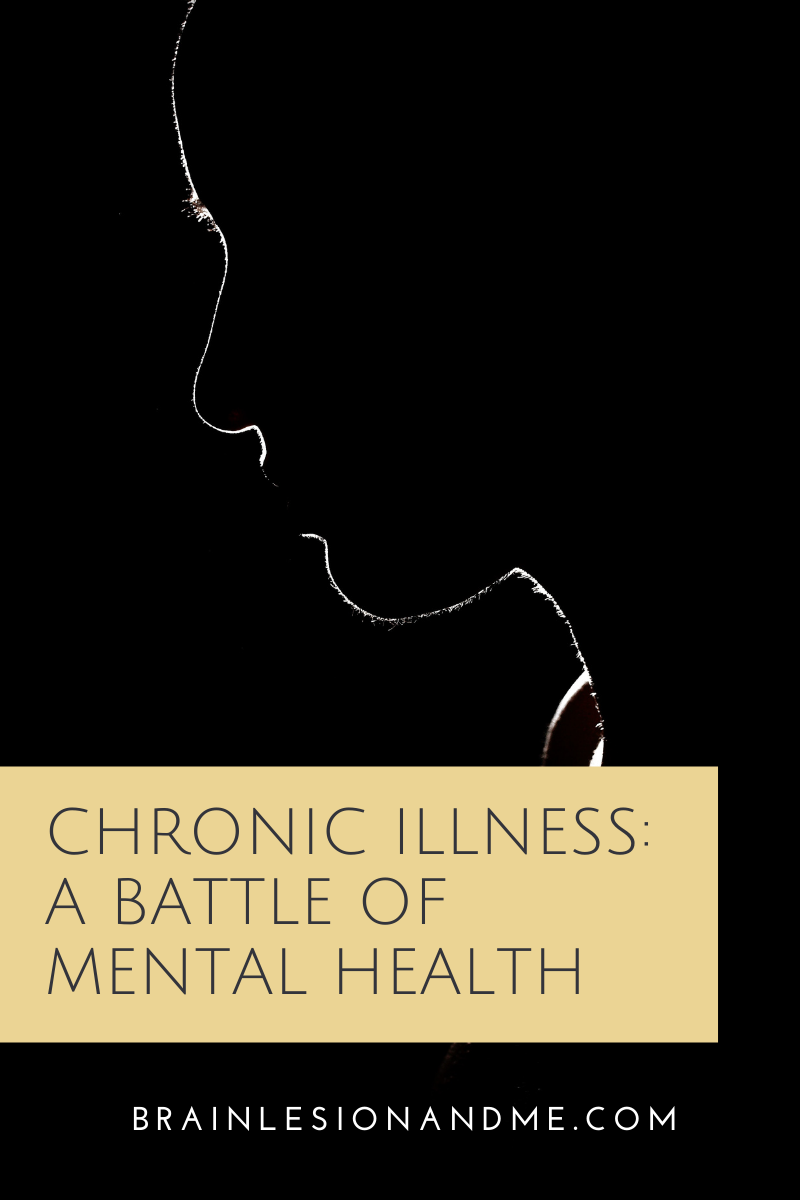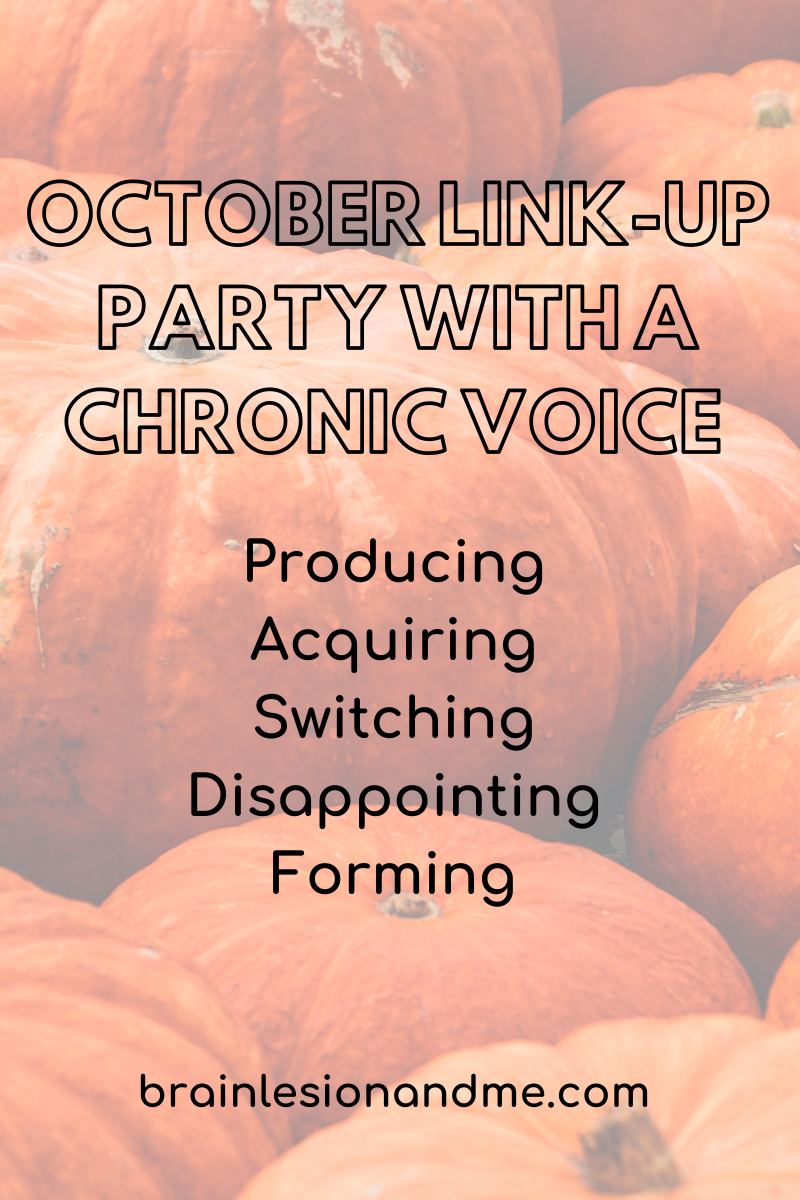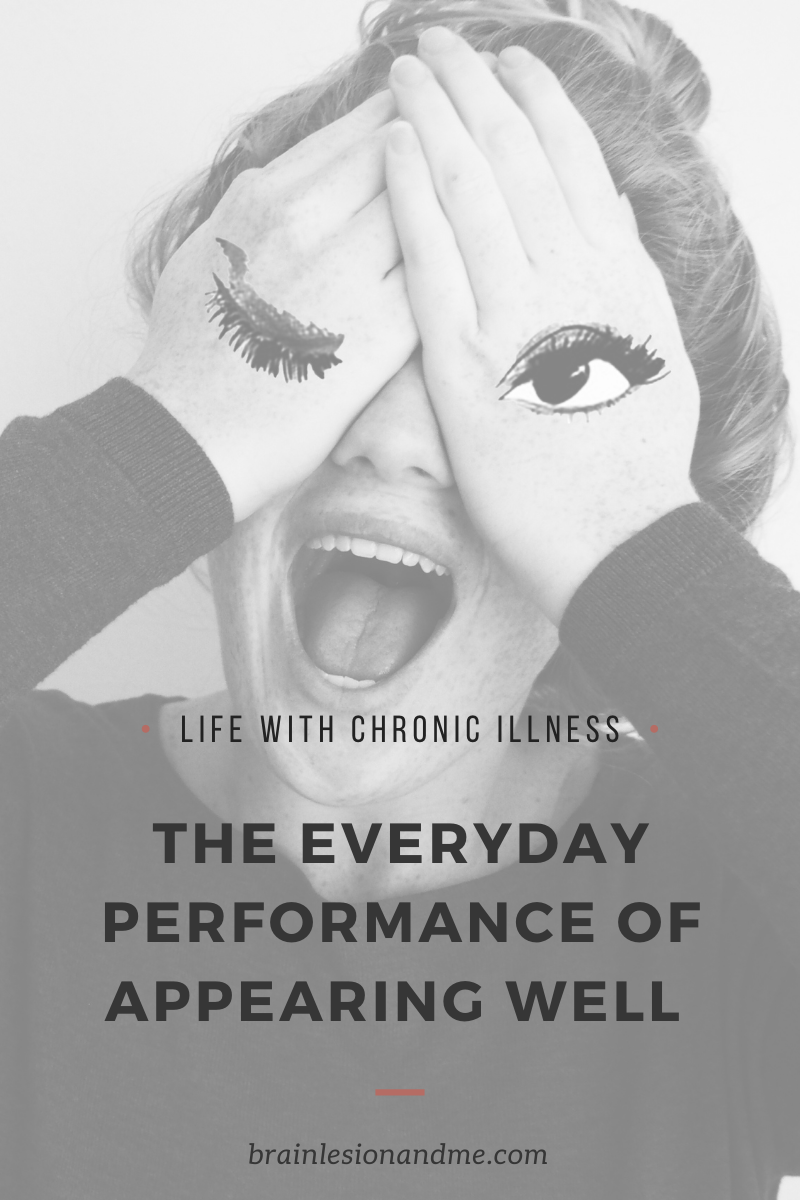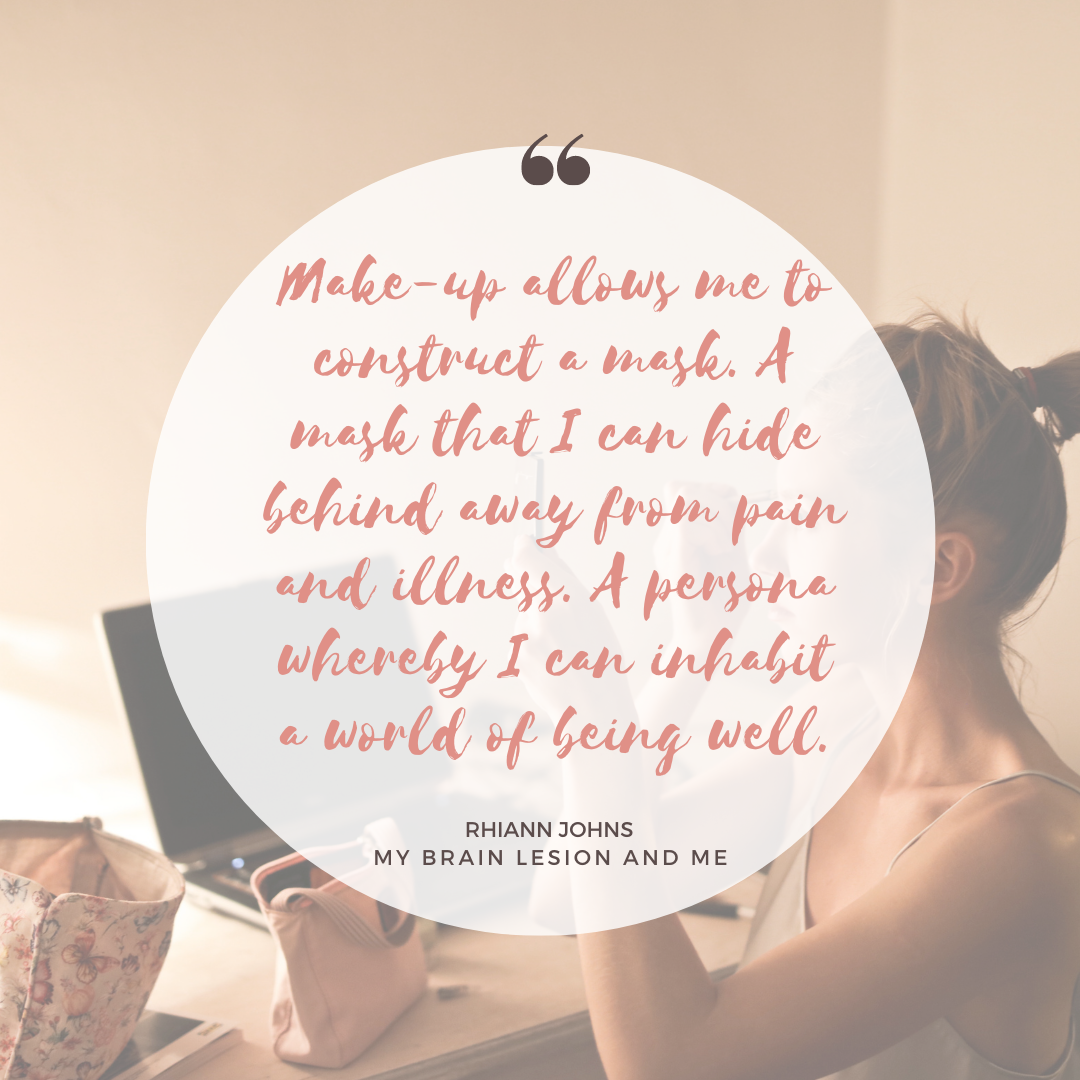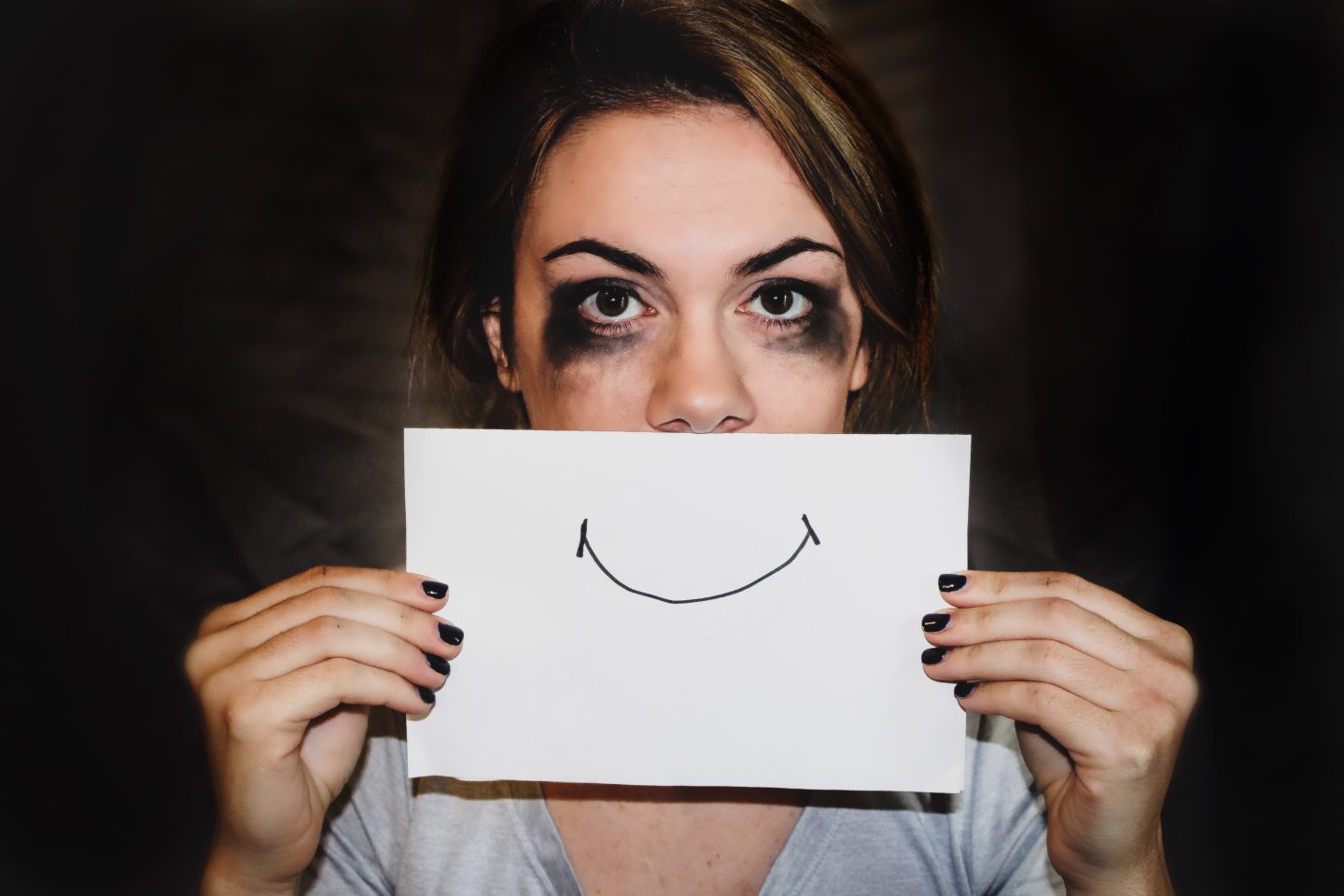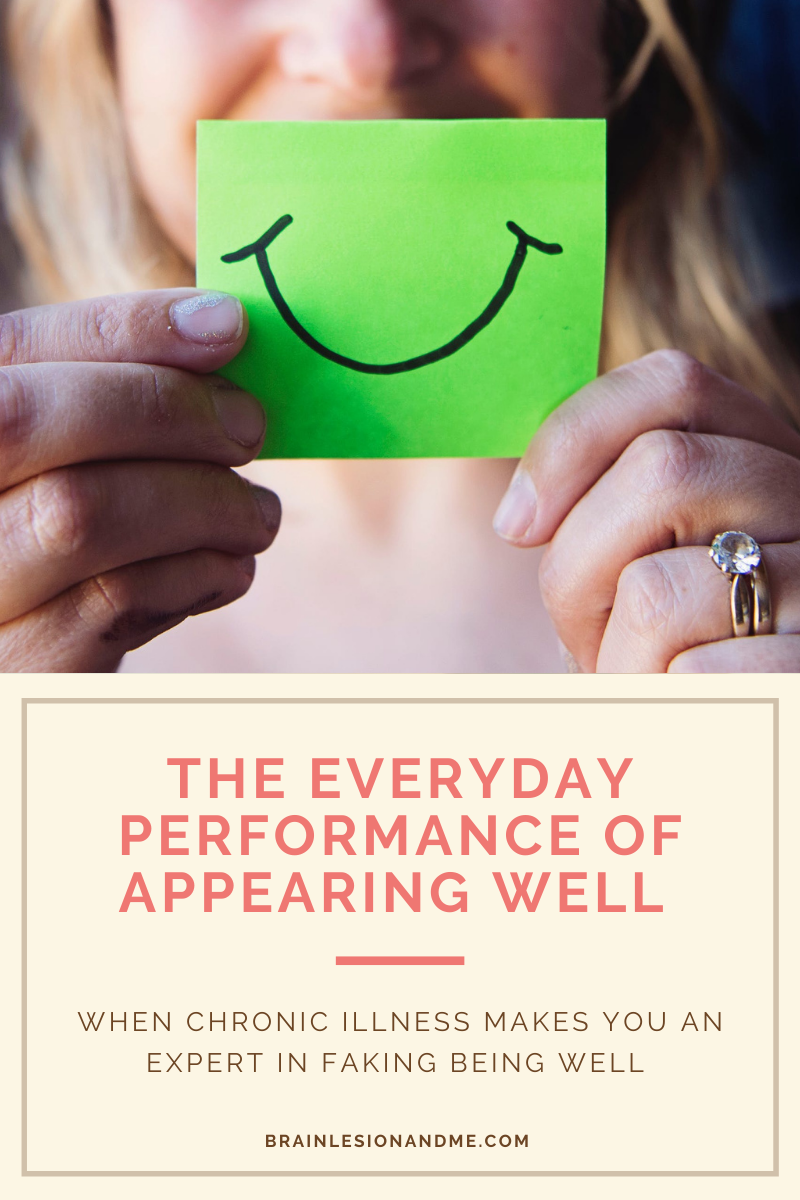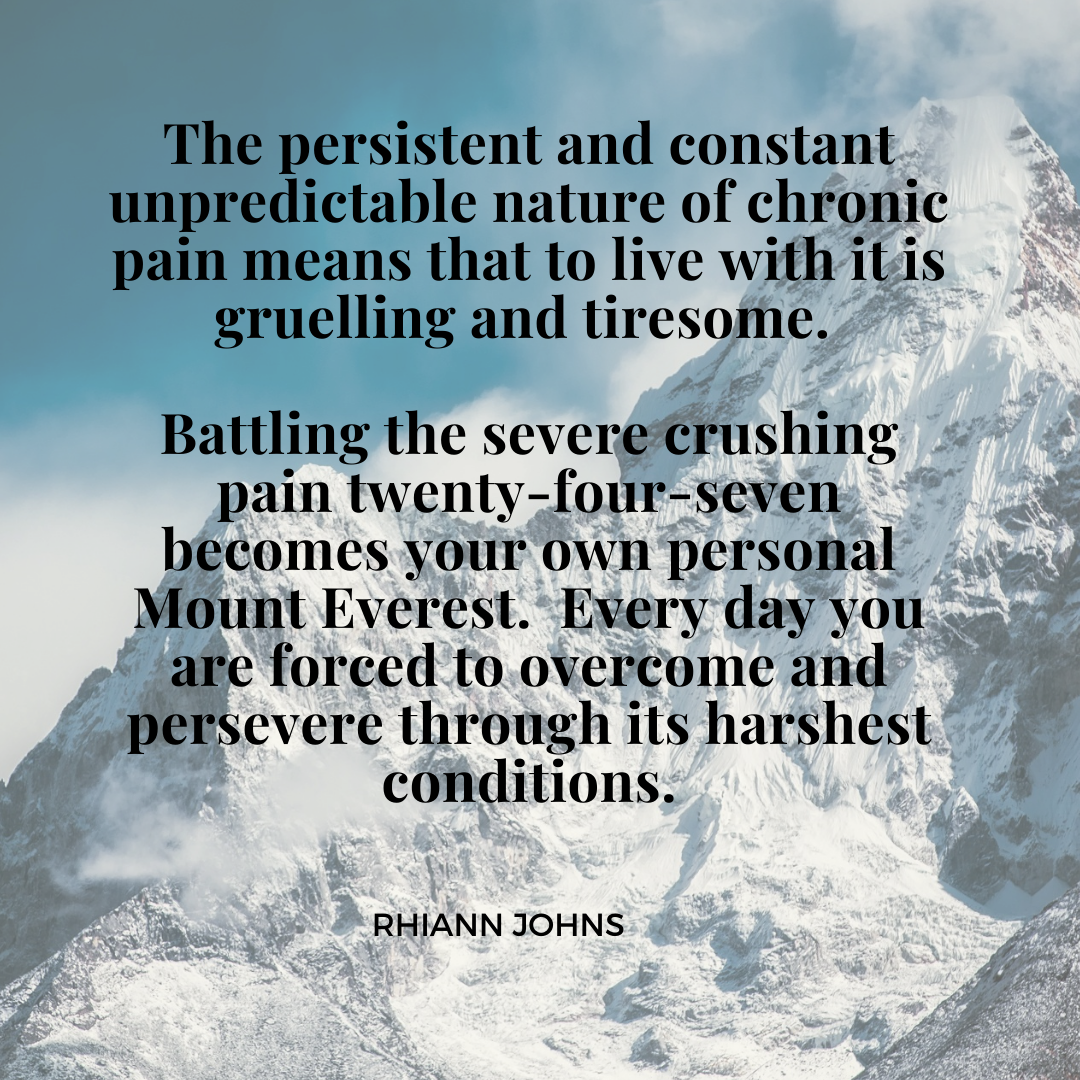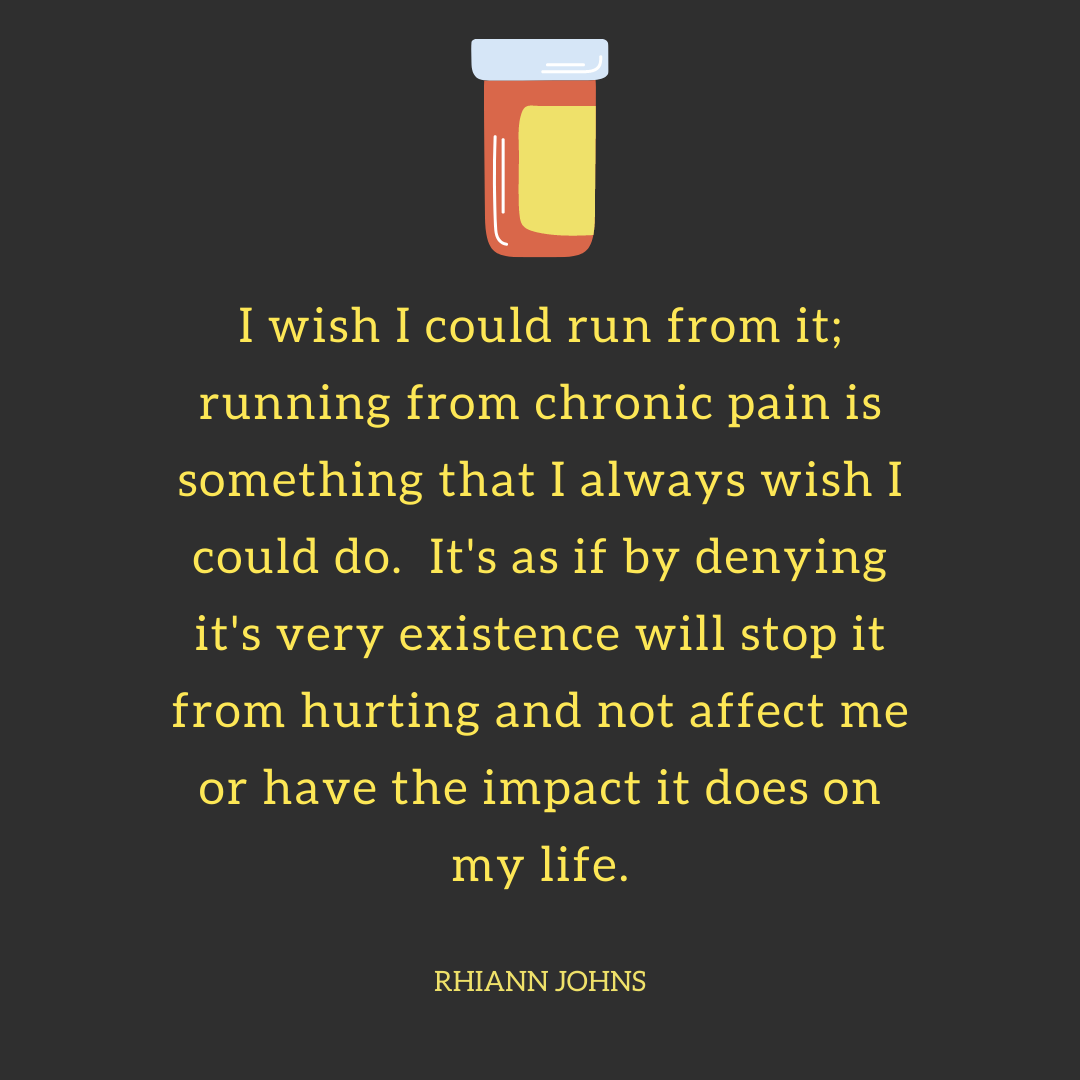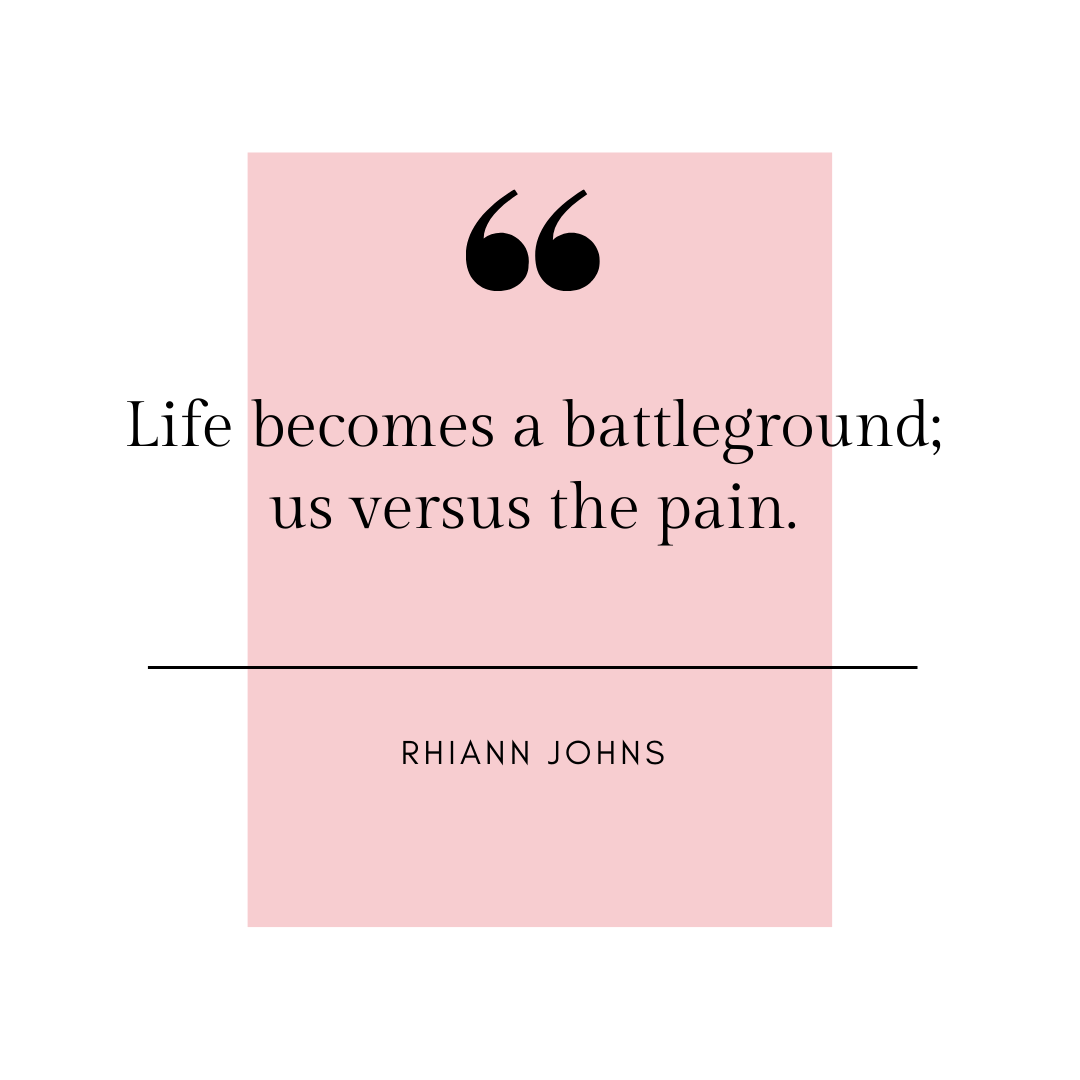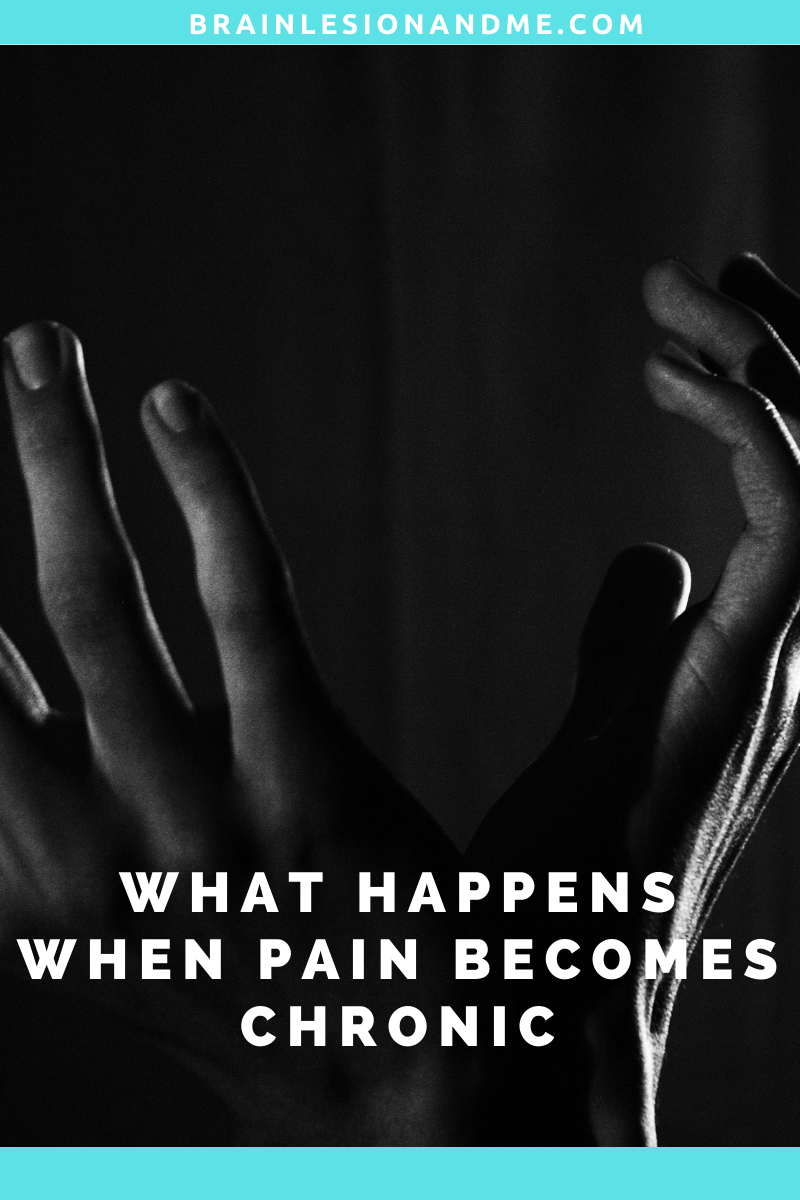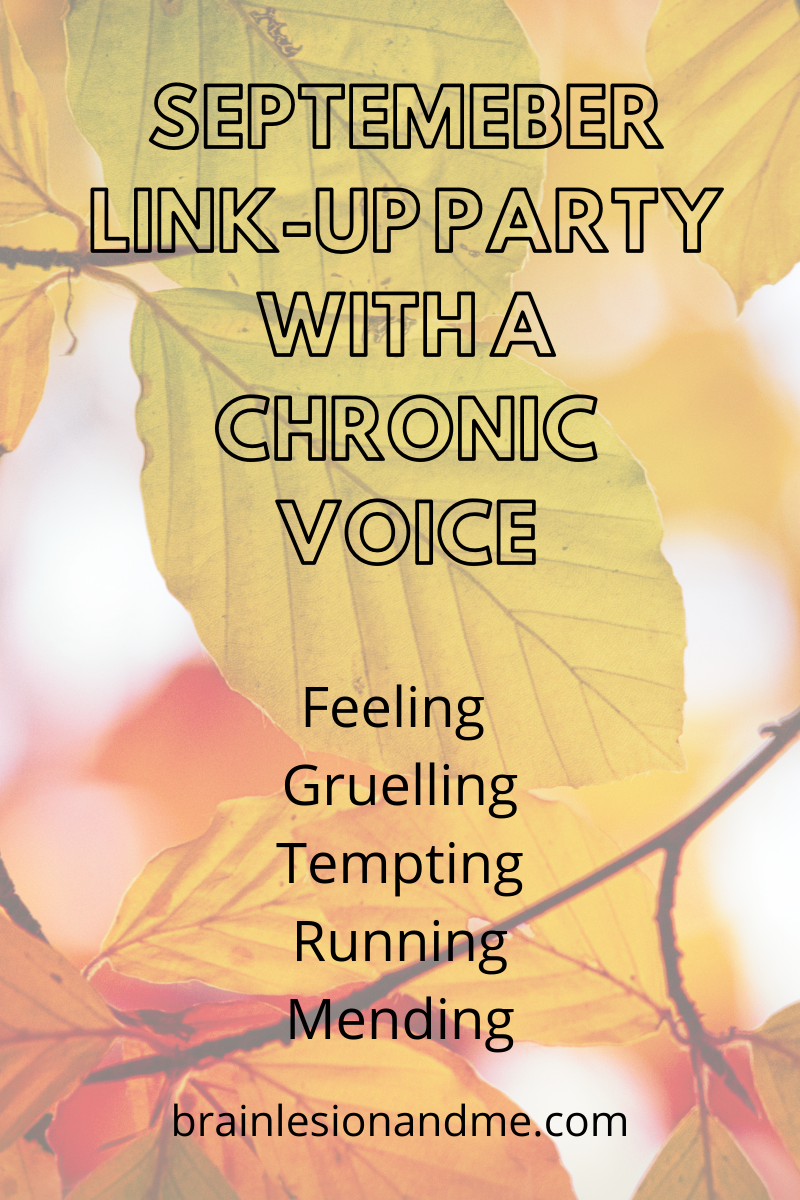Sheryl from A Chronic Voice, as well as sharing her own stories and lessons with chronic illness. Sheryl is an excellent support to other bloggers and writers living with illness and chronic pain. One such way is through monthly link-up parties whereby bloggers and writers share their stories through given prompts. In December, I have written what the world learnt about chronic illness in 2020 because of the coronavirus pandemic.
What, a terrible year 2020 has been for us all.
A year that started with so much promise quickly descended into chaos. And becoming a year that will negatively impact so many. Never could we have imagined that within the first few weeks of the new year, a virus would sweep across the world, resulting in a pandemic that would disrupt life as we knew it.

As we watched the news, night after night, with horror, we witnessed the death toll rising; every statistic representing a family grieving a loved one taken by this cruel and relentless virus. But the virus did not only affect those who lost a loved one because of it, or those unlucky enough to contract it but affected us all.
A Pandemic and A Lockdown
For months we did as the government asked and stayed at home, leaving the house only if necessary. Many began working from home, and parents became teachers as schools shut its doors. Nights outs were swapped for nights in binge-watching the latest offering from our favourite streaming services. Our movements became restricted as the virus continued to spread And we were all forced to adapt to a ‘new normal.’

However, for those living with chronic illness, much of what everyone was experiencing was already normal. And for us, 2020 became the year when the world learnt about life with chronic illness.
"For those living with chronic illness, much of what everyone was experiencing was already normal. And for us, 2020 became the year when the world learnt about life with chronic illness." Click To TweetWhat The World Learnt About Chronic Illness In 2020
Living With Constant Uncertainty is Exhausting and Overwhelming
When living with a chronic illness, uncertainty becomes closely tied alongside the new title tethered forevermore to your existence. One of the harder aspects of dealing with a chronic illness is the fear of the unknown. Life becomes entirely uncertain. Plans are uncertain as we struggle to grasp how we will feel from day-to-day and making it difficult to commit to anything. The symptoms that accompany illness are also uncertain, never knowing when they will next appear; or whether they will improve or worsen over time.
"One of the harder aspects of dealing with a chronic illness is the fear of the unknown. Life becomes entirely uncertain. Plans are uncertain as we struggle to grasp how we will feel from day-to-day." Click To Tweet
The current COVID-19 pandemic has created a deep sense of uncertainty and fear that many have experienced because of it. Uncertainty has raised questions including how long will it last, and whether life will ever return to normal. And such questions are ones we have asked after a diagnosis of a chronic illness. These worries and the uncertainty regarding job security and finances have been exhausting and overwhelming for everyone during the pandemic. Many people have reported feelings of depression and anxiety during these events, especially with the recurring lockdowns.
"Uncertainty has raised questions including how long will it last, and whether life will ever return to normal. And such questions are ones we have asked after a diagnosis of a chronic illness." Click To TweetAs a result, 2020 has been the year when the world realised how living with constant uncertainty is exhausting and difficult.
Constantly Being at Home Is Neither Nice Nor Exciting
As well as the extremely overused question of, “How are you?” another question often asked is “So, what do you do?” A question that many living with a chronic illness dreads as many of us have to explain why we are unable to work. Instead of encountering judgmental comments, many reply on how enjoyable and exciting it must be to spend so much time at home.
In truth, days are spent behind closed doors enduring excruciating pain and other such horrible symptoms. But it is not just the accompanying symptoms of chronic illness that makes constant days at home difficult and anything but enjoyable and exciting. The difficulty also lies in the monotony and boredom of days spent in bed. And as pleasurable it may sound to watch as much Netflix as time allows, it soon becomes tedious and tiresome.
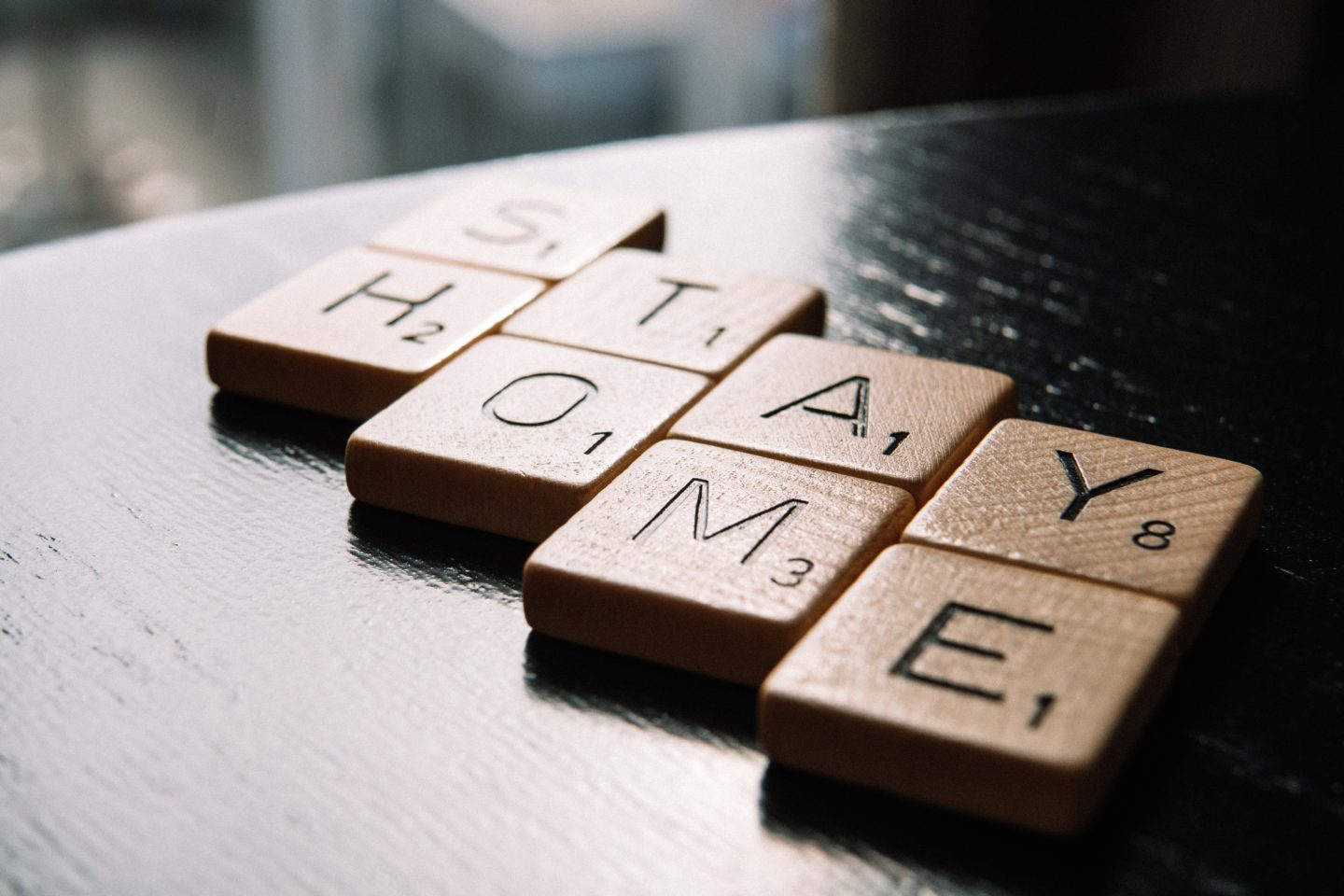
But many people reported struggling with the confinement inside the same four walls during the lockdown. Many cried that they had enough of binge-watching entire seasons of whatever show became the latest obsession. Many wished for the pandemic’s quick ending, and subsequent lockdown so we could all return to normality. And so they finally appreciated that so much time at home is neither nice nor exciting but rather boring and monotonous.
"Many wished for the pandemic's quick ending, and subsequent lockdown so we could all return to normality. And so they finally appreciated that so much time at home is neither nice nor exciting but rather boring and monotonous." Click To TweetA Year of Very Little Socialising and a Case of Not Going Out
For those living with chronic illness, a popular meme exists which has become popular on social media. It is one that reads ‘The Bins Go Out More Than I Do.’ During 2020, however, it became a meme that I have seen shared countless of time and nor just by the chronically ill community. For the course of the lockdowns, the reality for the majority was this very predicament.

The reality of living with a chronic illness means that cancelled plans or the feeling of not being able to do what you’d really like to becomes the norm. There exists grief of feeling as if you are missing out on your life. As well as constantly needing to grieve the time you have lost or everything you have missed out on.
"Much of the world felt loneliness and isolation during the pandemic and recurrent lockdowns. Many have experienced pain and grief over cancelled plans and unable to see friends and family." Click To TweetMuch of the world felt loneliness and isolation during the pandemic and recurrent lockdowns. Many have experienced pain and grief over cancelled plans and unable to see friends and family. Or the intense frustration of being unable to do what you want. All of which are too familiar for those living with chronic illness and will continue long after the pandemic has ended.
A Time of Indulging In Social Media and Telecommunication
When living with a chronic illness and experiencing intense, debilitating symptoms, it isn’t easy to visit friends and family. Long days and nights spent alone with only symptoms for company, still yearning for social contact.
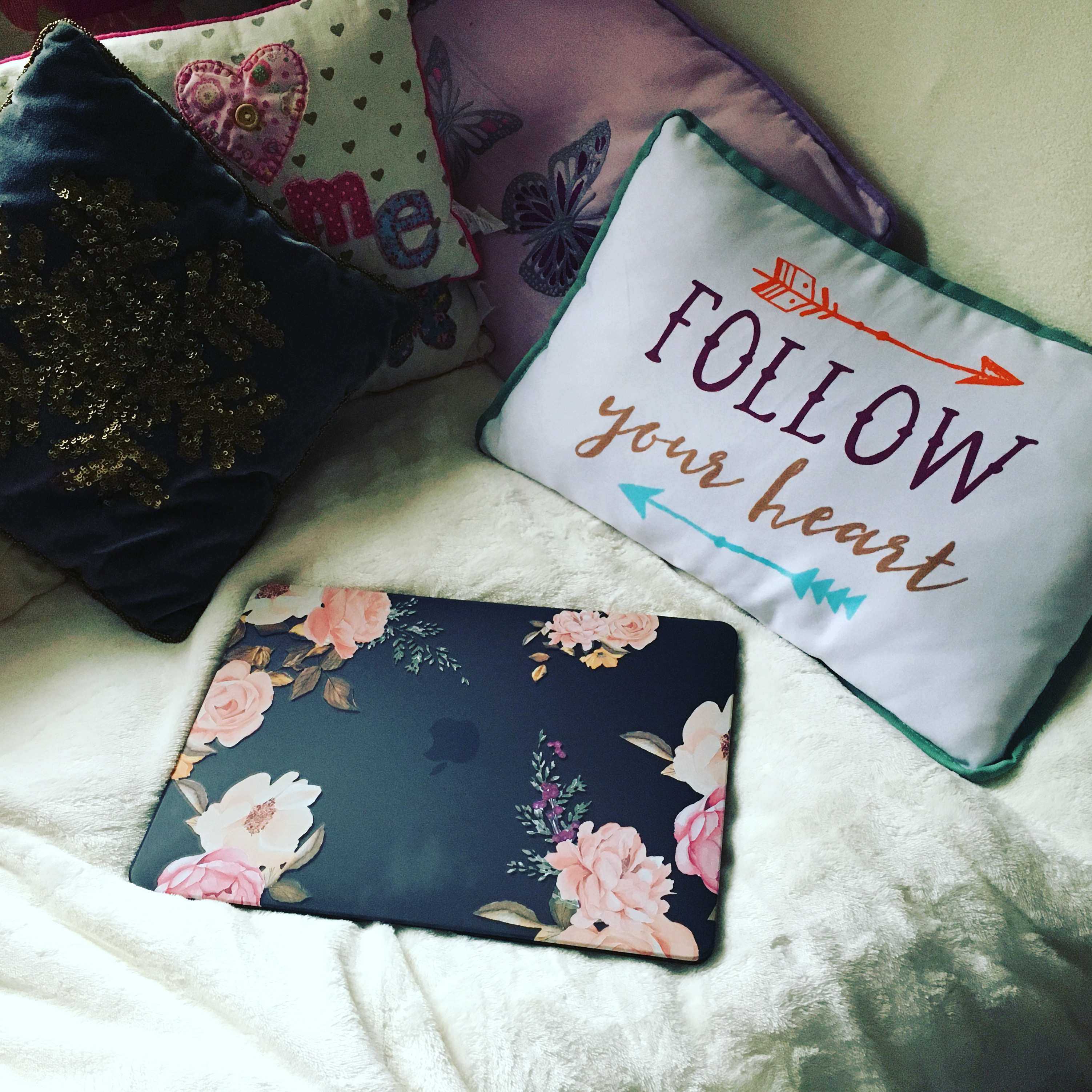
Many assume that those living with chronic illness can utilise social media and telecommunication services to keep in touch with friends. And that modern technology is a favourable substitute in favour of face-to-face contact.
"Many assume that those living with chronic illness can utilise social media and telecommunication services to keep in touch with friends. And that modern technology is a favourable substitute in favour of face-to-face contact." Click To TweetWith months and months of only being able to keep in contact with loved ones via FaceTime or Zoom the world has now realised that social media interactions are not the same as face to face interactions. And never again will people underestimate the power of a physical hug from loved ones.
Anxiety Rearing Its Head When Cutting The Ties of Isolation
From living with a chronic illness, I know that isolation is hard going, but so is escaping it. When becoming ill, or experiencing a serious flare, in many ways normality stops. There is no going out. My world consists of nothing but my bed, the comfortable sofa in the living room (when I can reach it) and my thoughts. There is only knowledge of how excruciating the pain has become or the intensity of other such abhorrent symptoms.
"When becoming ill, or experiencing a serious flare, in many ways normality stops. There is no going out. My world consists of nothing but my bed, or the comfortable sofa in the living room and my thoughts." Click To TweetWhen the flare subsides, and your body is now allowing you the chance to go out once again, the wonder of the outside world is mixed with terror. Suddenly, going outside and doing things you once did evokes anxiety and worry. It’s as if I have landed on a different planet, everything different and threatening. After being confined for so long, it can feel like you will die when leaving the safety of home. You are not, of course, and you begin to breathe slowly, reminding yourself that this is something you used to do all the time.
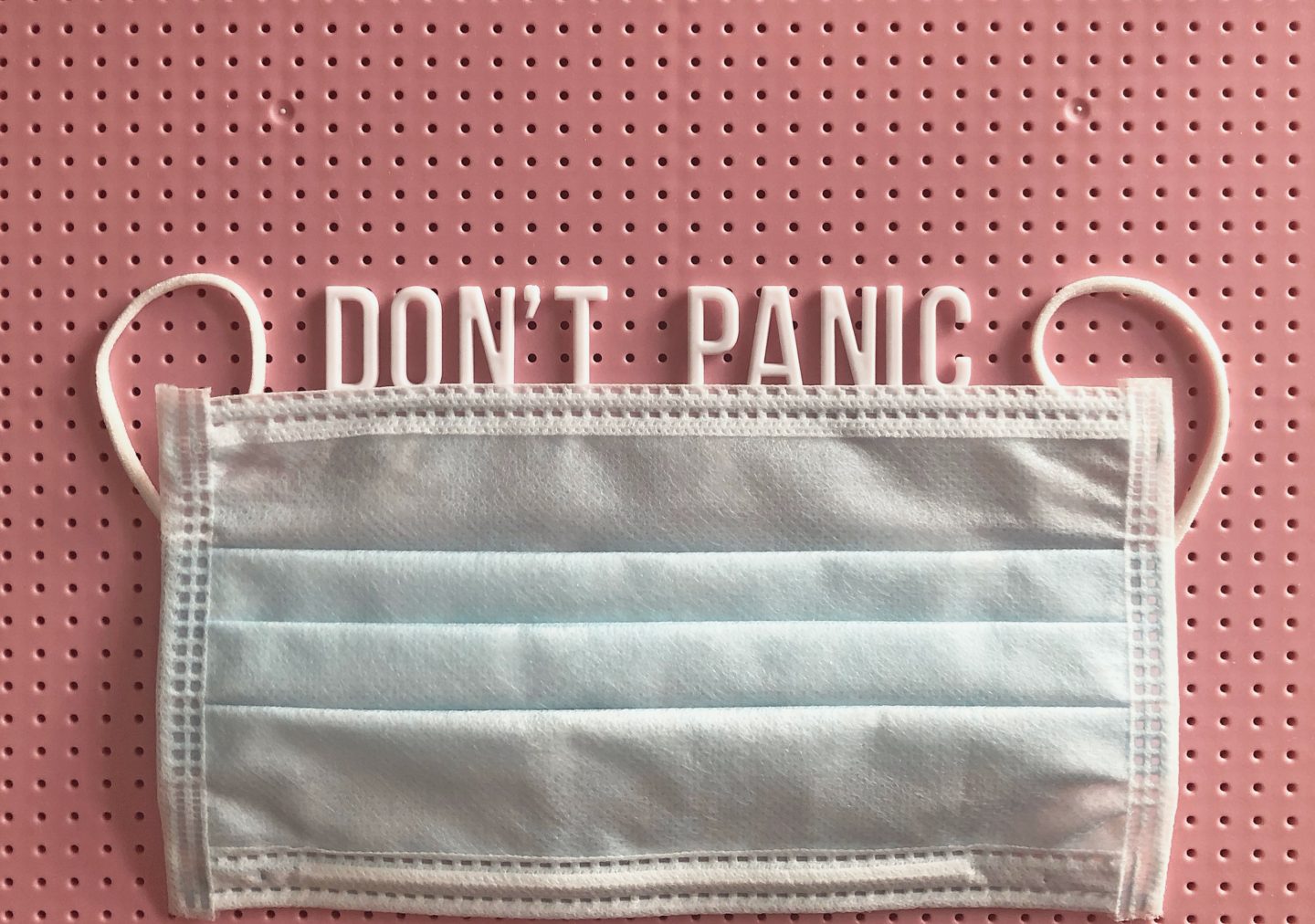
Many have reported feeling anxious and worried when the lockdowns have eased, and we have been able to return to some normality. Crowds of people suddenly threatening in a way that it never had before. The anxiety we feel because of chronic illness, and theirs is not the same, however. One occurs due to a sickness that already exists, the worry of exacerbating it and becoming worse. The other exists as a result of avoiding becoming ill, the fear of coronavirus affecting so many.
"Many have reported feeling anxious and worried when the lockdowns have eased, and we have been able to return to some normality. Crowds of people suddenly threatening in a way that it never had before." Click To TweetIn many ways, 2020 has blurred the lines between the healthy and sick. We have all become a little housebound, missing the normality of our old lives. And the fear that we may never regain normalcy again. It has been a year in which the world learnt a lot about life with chronic illness. Let’s hope they remember the lessons.
"In many ways, 2020 has blurred the lines between the healthy and sick. We have all become a little housebound, missing the normality of our old lives. And the fear that we may never regain normalcy again." Click To Tweet
